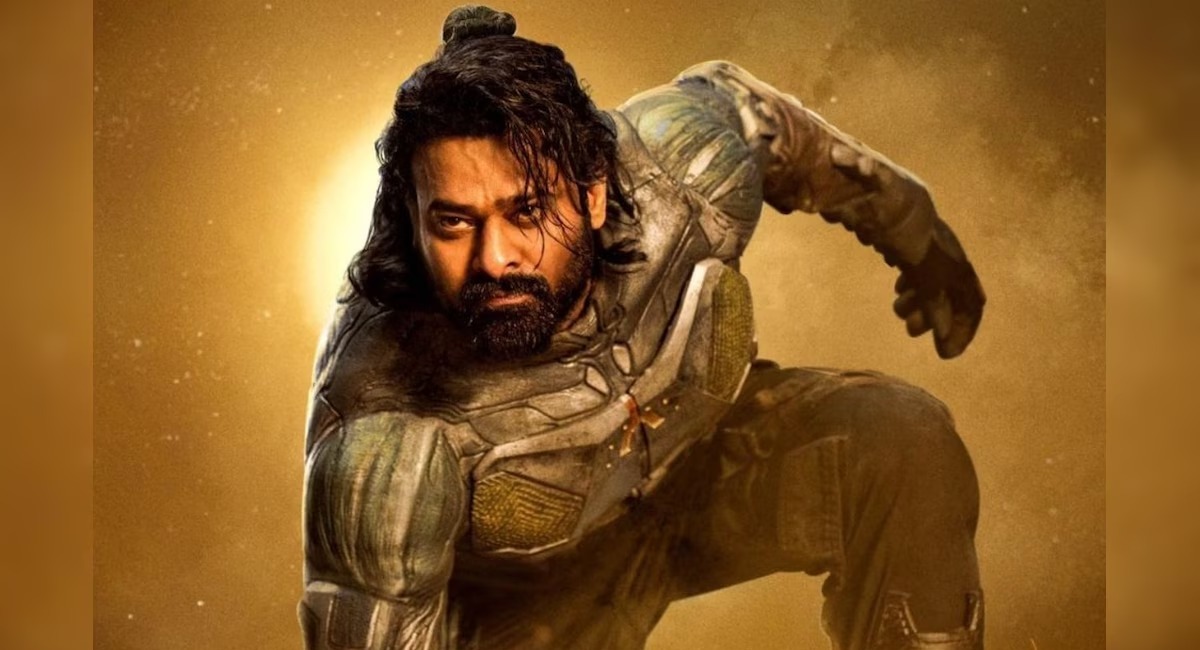De De Pyaar De, released in 2019, is a notable Bollywood film that explores the romantic relationship between a much-older man, Ashish Mehra (Ajay Devgn), and a younger woman, Ayesha (Rakul Preet Singh). The film stands out for its willingness to portray a May-December romance, featuring a 50-plus protagonist with a 26-year-old love interest, as they meet in London and embark on a life together.
The sequel, set six years after the original, introduces Ayesha’s parents, Rajji Khurana (R Madhavan) and Mrs K (Gautami Kapoor), who navigate a journey from denial to acceptance in two-and-a-half hours.
In a blend of drama and humor, the narrative explores the challenges faced by a modern Indian couple in accepting a potential son-in-law of their own age. Co-producer Luv Ranjan presents a familiar mix of characters, including Suhasini Mulay as a grandmother with a sharp memory, Ishita Dutta as a pregnant sister-in-law, Tarun Gahlot as a supportive older brother, and Meezaan Jafferi as the hopeful suitor.
Ranjan’s writing has evolved from the simplistic portrayal of male characters in his earlier work, reflecting a progression towards more supportive male figures who celebrate women’s happiness and milestones, such as the birth of a baby girl, emphasizing their intelligence over men.
I enjoyed the first film for its novelty and Rakul Preeti Singh’s lively performance, which complemented Ajay Devgn’s serious demeanor. Tabu’s presence enriched the film as usual. In the sequel, Rakul remains animated, but Devgn seems more subdued. Jaaved Jafferi reprises his role as Devgn’s friend and therapist, offering advice on how to address a ‘hone-wali-saas’ who is likely younger than him, posing humorous questions about what to call her.
R Madhavan emerges as the standout performer in part 2, portraying a devoted father navigating the protective journey towards allowing his daughter, Simran, to embrace her independence and make her own choices, signifying true adulting. Despite wishing for Tabu’s presence, Madhavan’s grasp of the ‘protection’ arc resonates powerfully, reminiscent of his previous work with Devgn in ‘Shaitaan’.
The film is criticized for resembling a prolonged sitcom, with a conspicuous set and a slow narrative pace. While modern themes of romance are acknowledged, the critique emphasizes the difficulty in portraying older-young relationships, suggesting potential growth if the roles were reversed.




